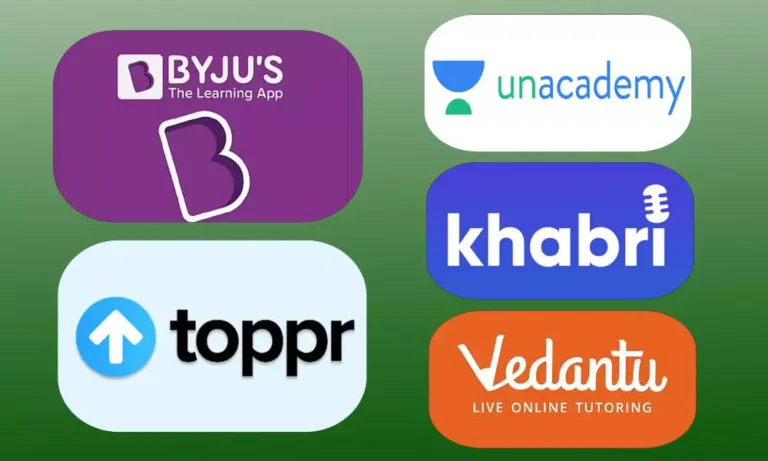In recent years, few online games have captured the attention of millions worldwide quite like Wordle. From casual players to puzzle enthusiasts, this simple yet addictive word game has become a daily ritual for many. Its rise to fame is not only a testament to the power of social media but also proof that people still love word games that challenge the mind without demanding too much time.
In this article, we’ll explore everything you need to know about Wordle—its origin, rules, popularity, strategies, cultural impact, and the future of word-based puzzle games.
What is Wordle?
Wordle is an online word puzzle where players have six attempts to guess a secret five-letter word. Each guess provides color-coded feedback:
- Green: The letter is correct and in the right position.
- Yellow: The letter is in the word but in the wrong position.
- Gray: The letter is not in the word at all.
The challenge is to use logic, vocabulary, and a bit of strategy to find the correct word in the fewest attempts possible. Unlike complex mobile games, Wordle is minimalist—no ads, no flashy graphics, and no endless levels. Just one puzzle per day, shared globally.
The Origin of Wordle
The story of Wordle’s creation is as charming as the game itself. The puzzle was developed by Josh Wardle, a software engineer from the UK, in 2021. Originally, Wordle was created as a private game for his partner, who enjoyed playing word games. Over time, Josh decided to make it public, and the game quickly spread online through word-of-mouth and social media.
Within months, millions of people were sharing their Wordle scores on platforms like Twitter, Instagram, and Facebook. The game’s viral nature caught the attention of The New York Times, which purchased Wordle in early 2022. Today, it is hosted on the New York Times Games platform, where it continues to attract players worldwide.
Why is Wordle So Popular?
The popularity of Wordle can be explained by a combination of factors:
- Simplicity – Unlike many online games, Wordle is easy to understand. Anyone familiar with the English alphabet can start playing within seconds.
- Daily Limit – The fact that players can only attempt one puzzle per day creates anticipation and avoids addiction. People eagerly wait for the next puzzle.
- Social Sharing – The ability to share results with colored emoji grids made Wordle viral. Players could post their progress without spoiling the word, encouraging friendly competition.
- Mental Stimulation – Wordle is fun but also educational. It strengthens vocabulary, spelling, and problem-solving skills.
How to Play Wordle Effectively
Though Wordle looks simple, winning consistently requires strategy. Here are some pro tips to improve your performance:
- Start with a Strong Word
Begin with words containing common vowels (A, E, I, O, U) and consonants like R, S, T, L, and N. Examples: CRANE, SLATE, AUDIO, TRACE. - Use Process of Elimination
If a letter is marked gray, avoid repeating it in future guesses. Focus on narrowing down possibilities. - Look for Letter Patterns
English has common letter groupings like TH, SH, CH, ING, ER, ED. Recognizing these helps reduce guesswork. - Balance Risk and Logic
Sometimes, it’s better to try a word that eliminates multiple unused letters rather than immediately going for the answer.
The Psychology Behind Wordle
The success of Wordle is not just about words—it taps into human psychology:
- Daily Rewards: Completing one puzzle daily creates a sense of achievement.
- Social Validation: Sharing scores builds community and competition.
- Scarcity Principle: Only one puzzle per day increases value and excitement.
- Cognitive Challenge: Players feel smarter after solving the puzzle, which motivates them to return.
Wordle’s Impact on Online Gaming
Wordle has inspired countless spin-offs and variations, each targeting different audiences:
- Quordle – Solve four Wordles at once.
- Nerdle – A math-based version with equations instead of words.
- Worldle – A geography version where players guess countries by their shapes.
- Heardle – A music-based guessing game where players identify songs from short clips.
These variations prove that the Wordle format can be adapted to different subjects while keeping the same addictive charm.
Educational Benefits of Wordle
Beyond entertainment, Wordle has genuine educational value:
- Improves Vocabulary: Players encounter new five-letter words and expand their knowledge.
- Boosts Cognitive Skills: It encourages logical thinking and problem-solving.
- Enhances Memory: Recalling patterns and letter placements strengthens memory.
- Encourages Learning in a Fun Way: Teachers have even used Wordle in classrooms to engage students with language learning.
Wordle in Pop Culture
Since its rise to fame, Wordle has appeared in:
- News Headlines: Outlets frequently cover viral streaks or unique stories about Wordle players.
- Social Media Trends: Hashtags like #Wordle and #WordleScore remain popular.
- Pop Culture References: Celebrities and influencers often share their results, making Wordle a mainstream phenomenon.
The Future of Wordle
While some may wonder if Wordle is just a passing trend, its impact suggests otherwise. The New York Times continues to support the game and integrate it into its puzzle platform. As long as people enjoy quick, smart, and shareable challenges, Wordle will likely remain relevant.
Future possibilities include:
- Multiplayer Modes for friendly competitions.
- Language Versions for non-English speakers.
- AI-Enhanced Word Puzzles for more personalized difficulty.
Conclusion
Wordle is more than just a word game—it’s a cultural phenomenon that has brought people together through the love of language, strategy, and fun. Its simplicity, daily challenge, and shareable nature make it stand out in today’s fast-paced digital world. Whether you’re a casual player or a puzzle enthusiast, Wordle proves that sometimes the simplest ideas create the biggest impact.
As long as people love words and puzzles, Wordle will continue to brighten mornings, sharpen minds, and connect communities worldwide.
















